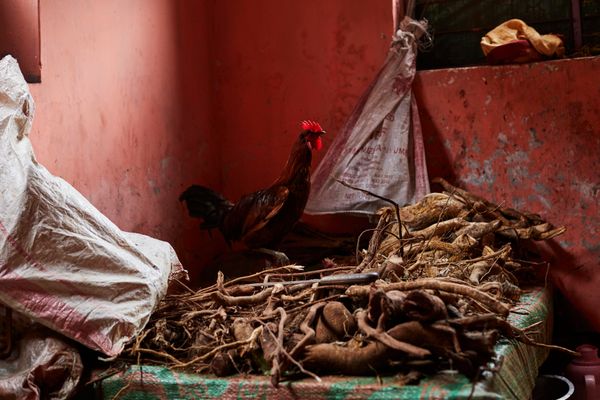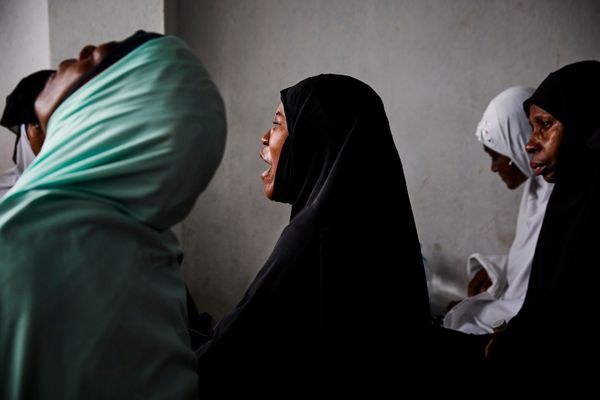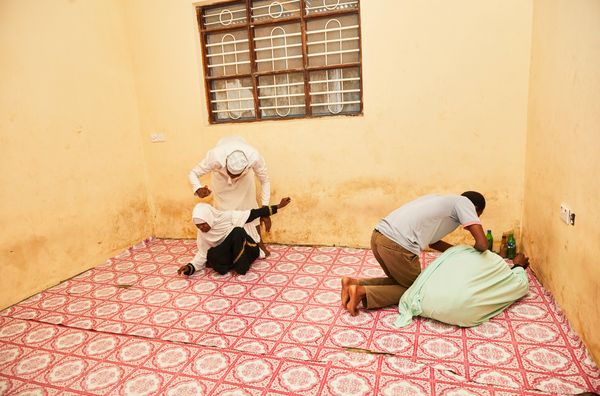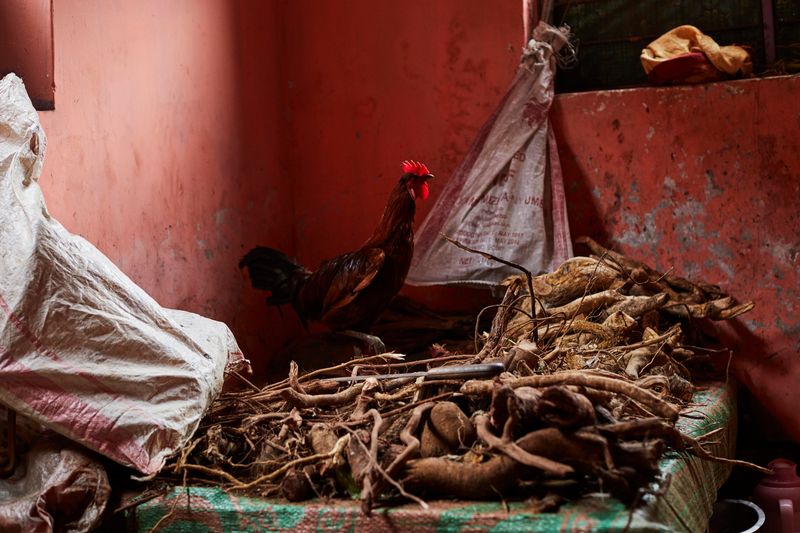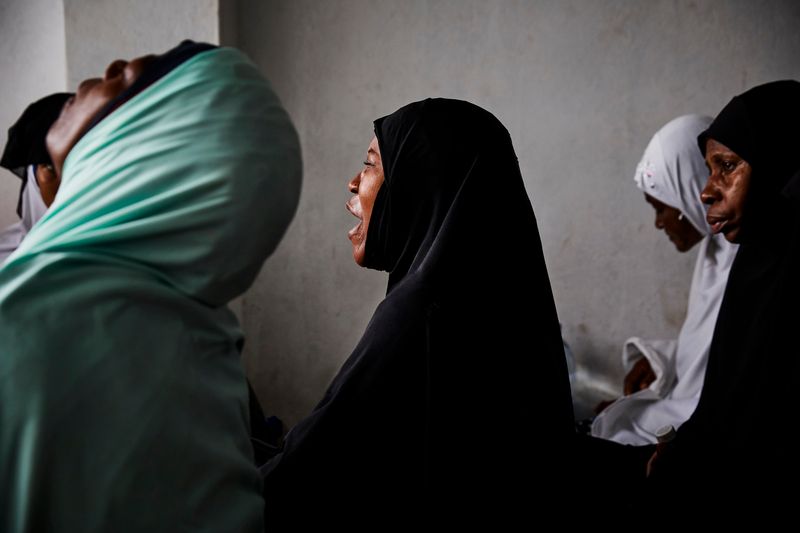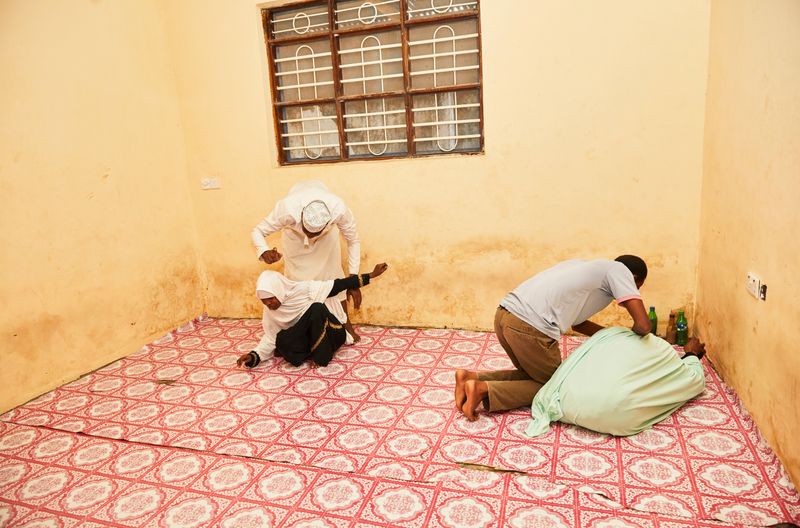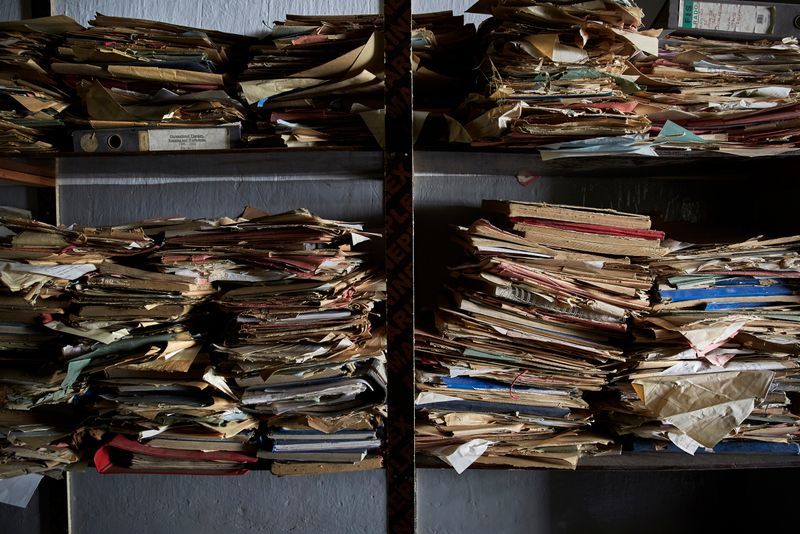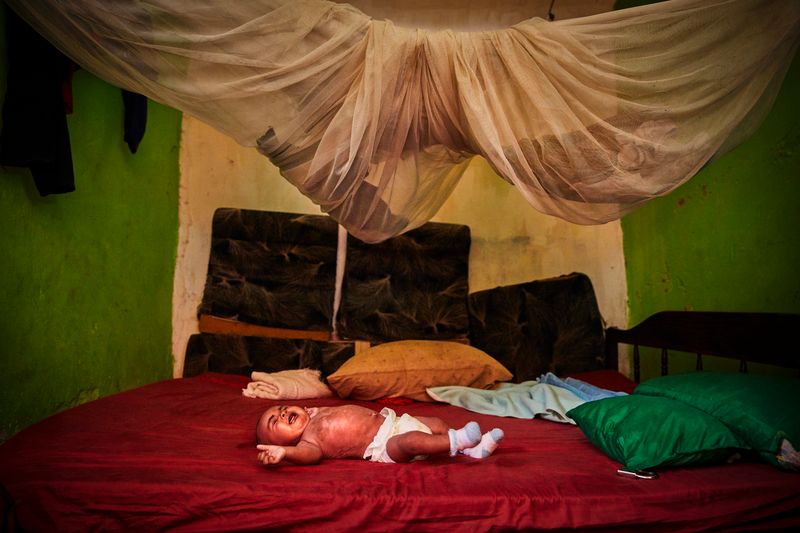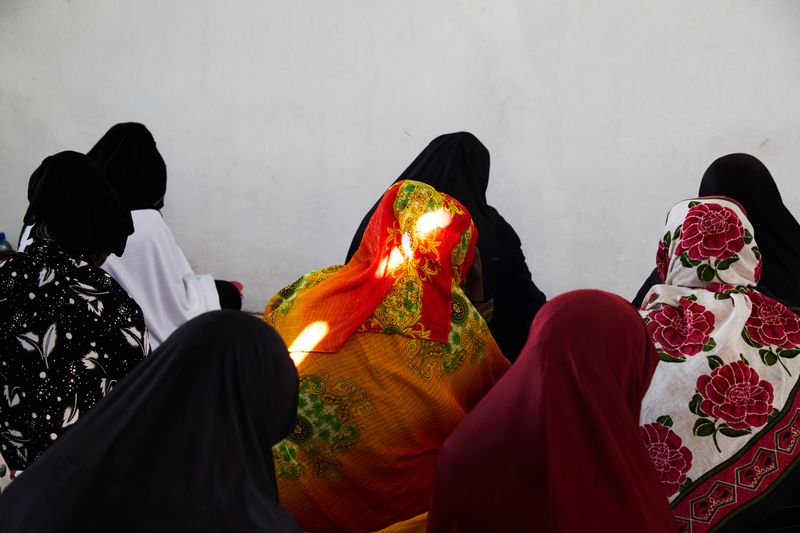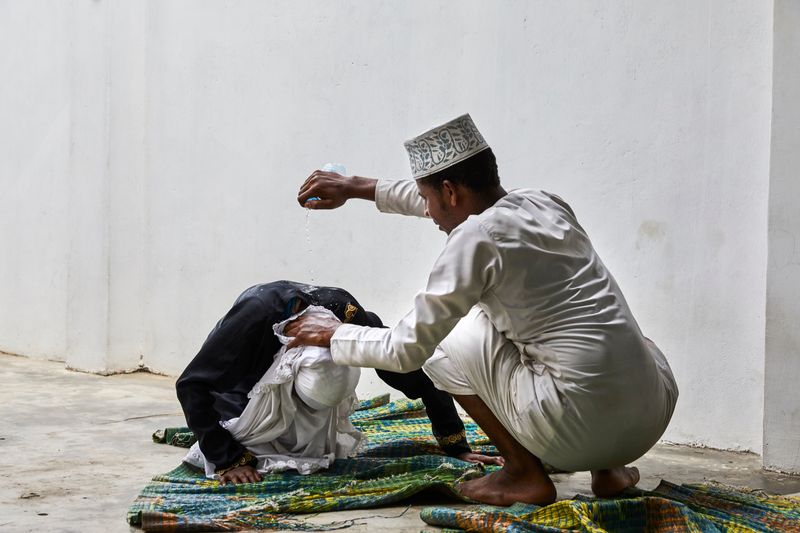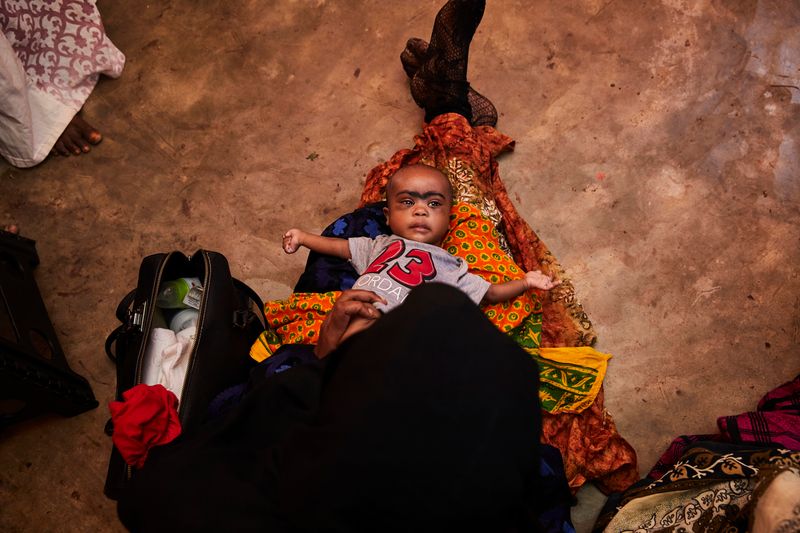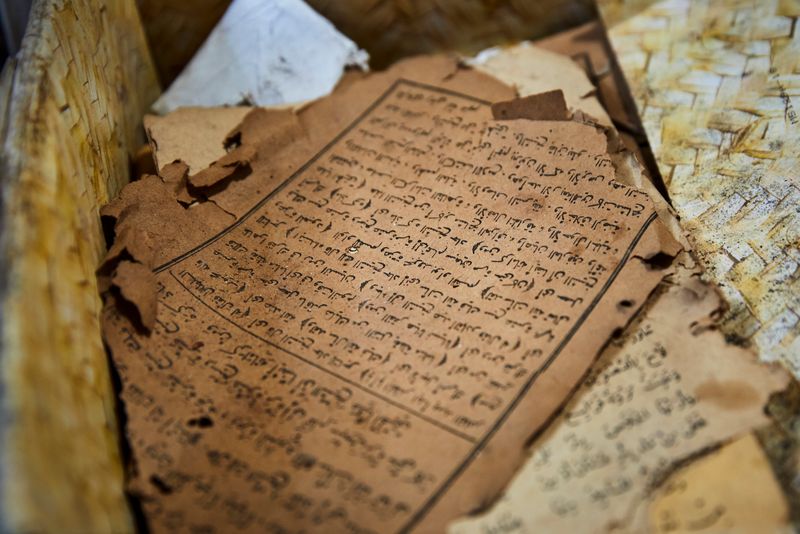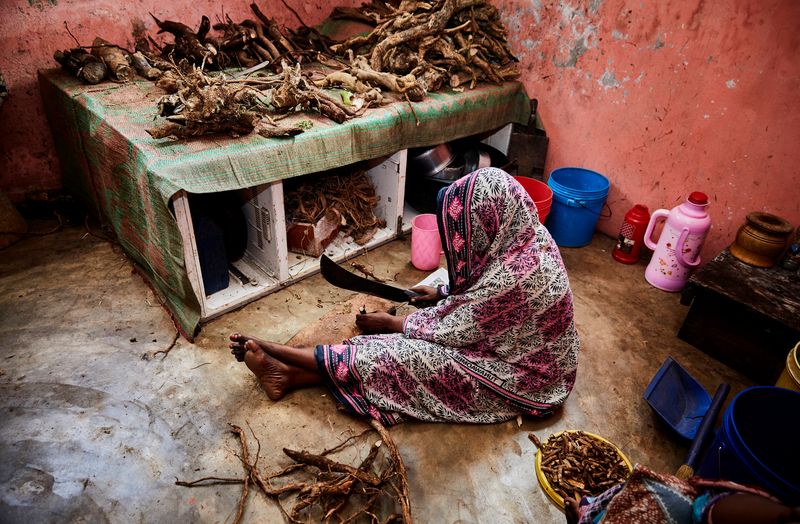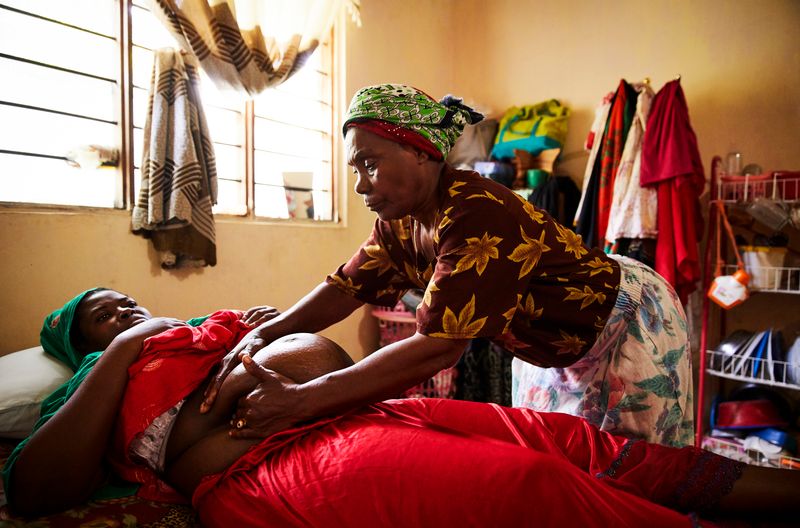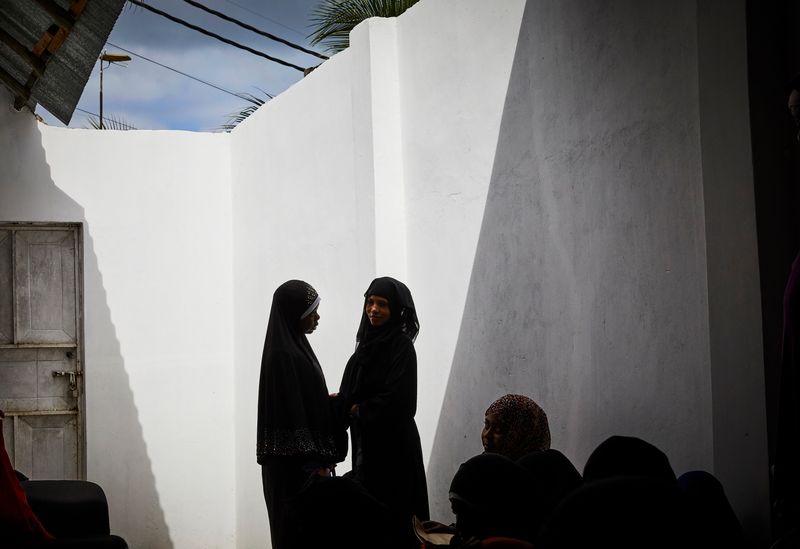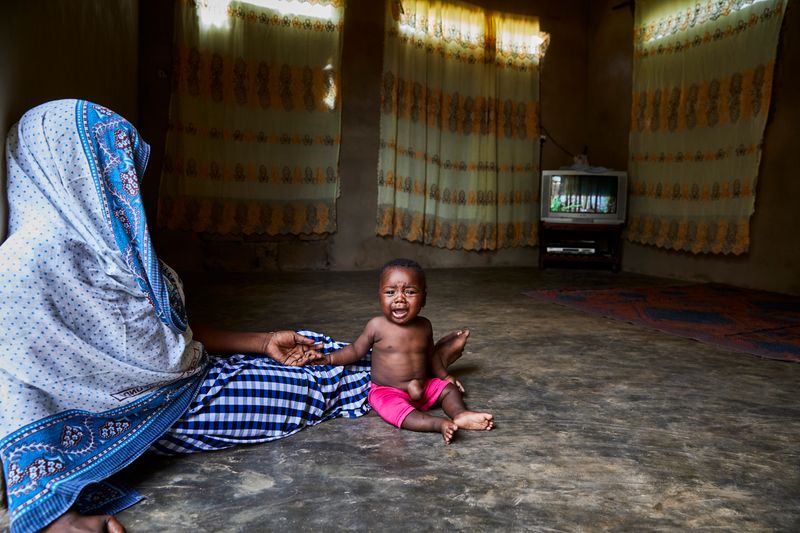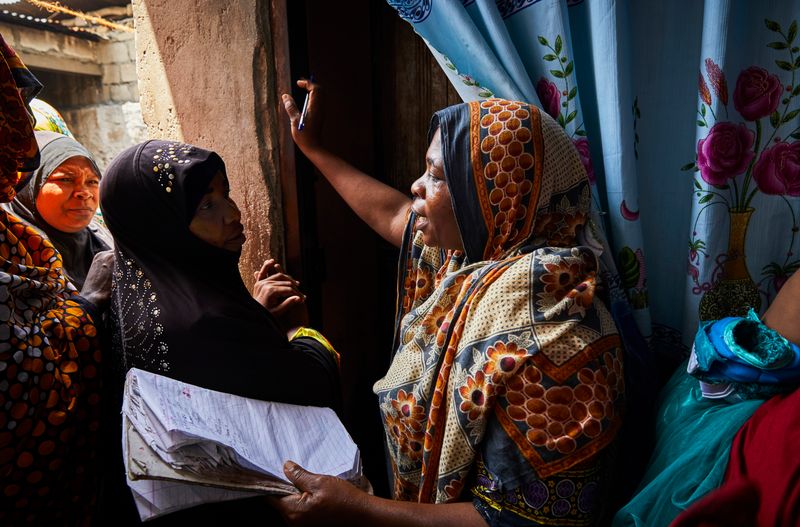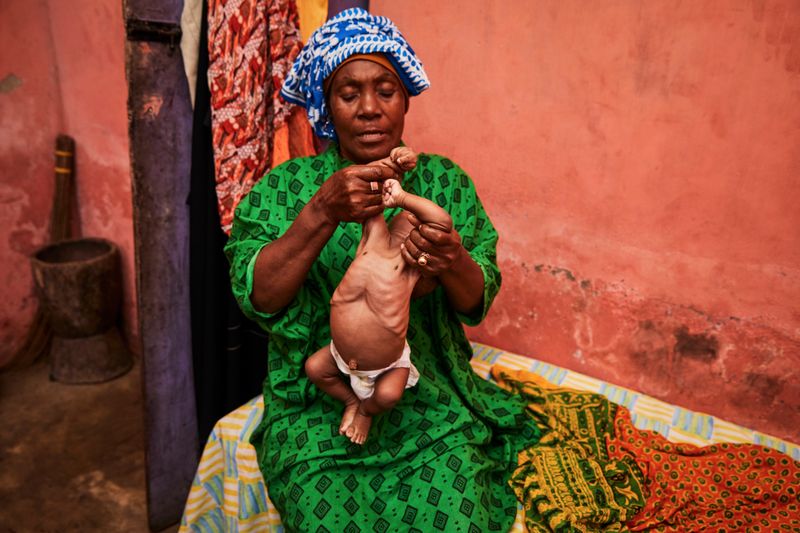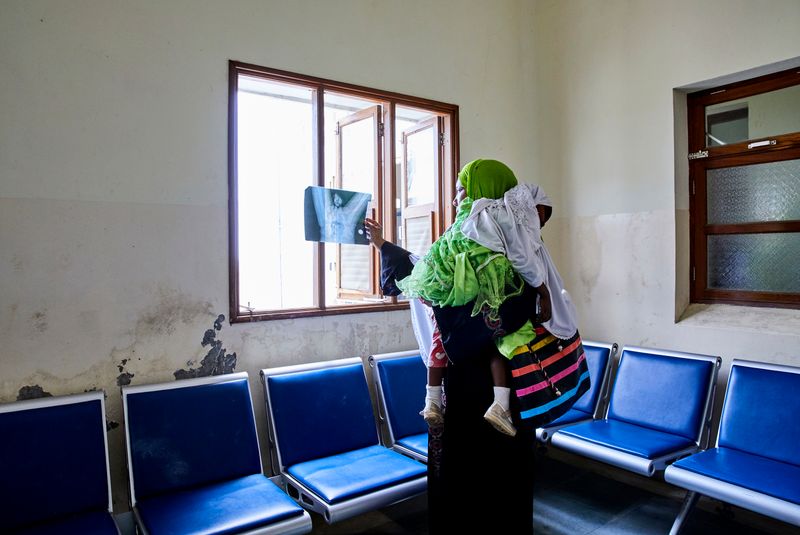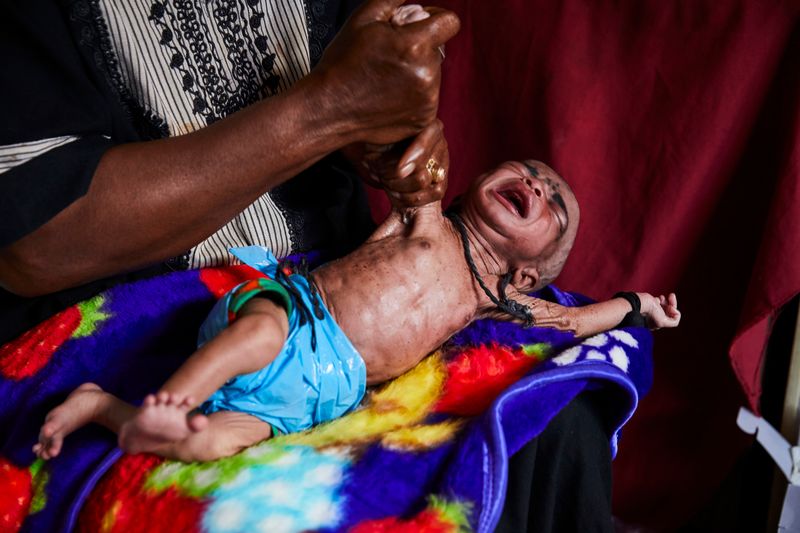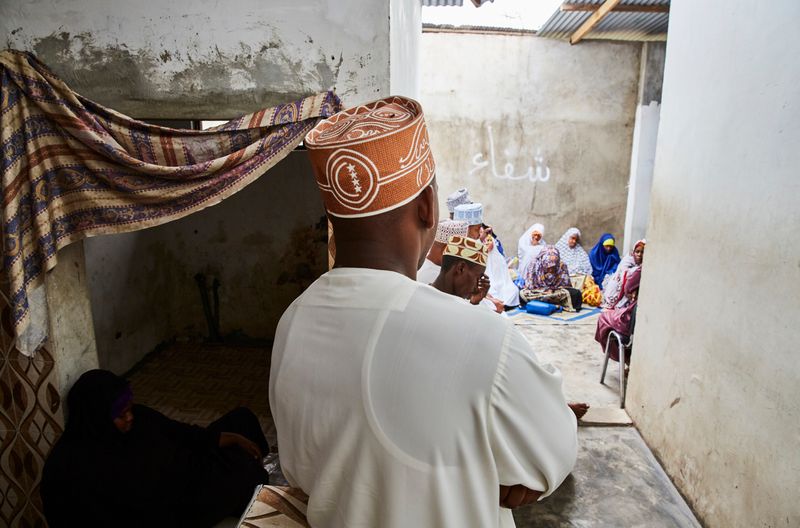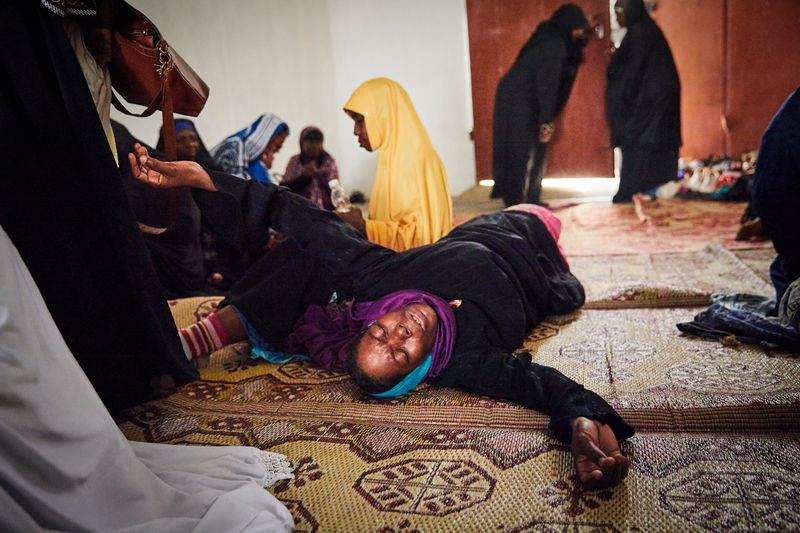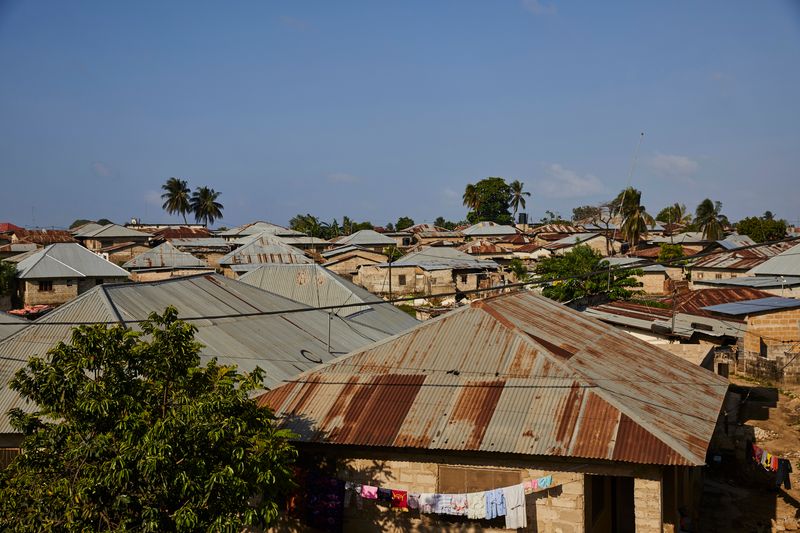Malady of Spirit
-
Dates2018 - 2019
-
Author
In the 1970’s Tanzania implemented a nationalized healthcare policy based on socialist ideology. Despite this low-cost system, on the semi-autonomous Zanzibar islands, a high percentage of citizens continue to go to witchdoctors, herbalists and Quranic faith healers for their medical needs. This photo work sought to understand some of the reasons - beyond the cultural- that leads people with affordable access
to modernized treatment to put their confidence in traditional methods, especially in instances of clear medical malady such as ulcers, fetal health or broken bones. The national health system is financed by small monthly deductions subtracted from each citizens paycheck and further subsidized by the government so that out-of-pocket medical costs remain low. Additionally, there are clinics within a 6 km range of every village so distance is not the major determinant.
Instead, patients and hospital administrators who were interviewed spoke of common misdiagnosis by medical personnel who -partly due to underfunding- can’t test their diagnostic hypothesis’, but prescribe medication based solely on their best guesses. Consistent with this, patients are often given the wrong medication for their unknown illness and thusly don’t physically improve. This phenomenon in combination with the very long wait times at hospitals & clinics leads many patients to lose faith in western medicine as practiced on the islands. The traditional practitioners on the other hand, generally spend a longer time examining and talking with patients which, though their medicines and recitations of the Quran are not necessarily effective in treating some of the physical issues, nurtures a sense of trust and comfort which is lacking within the more westernized medical system.
In some cases, like with childbirth, there is an amalgamation of practices. Women see medical professionals just twice during pregnancy
(once at 4 and again at 8 months for sonograms) but do not meet with an obstetrician. Instead they go monthly to a specialized traditional
healer for the physical evaluations (breech position, fetal health checkups etc) as well as to receive medicinal herbs that are believed to protect
the growing fetus from attack by a djinn (described in Islamic text as supernatural creatures that can be either good or evil, but take root in
humans forcing them to follow their will and creating illness) or dark spirit.
Because such a high percentage of the citizenry of continue to frequent the alternative healers, in 2008 the government enacted the “Zanzibar Traditional & Alternative Medicine Policy” which requires registration and skills testing for each healer as well as sets guidelines to integrate their works into the legal scope of healthcare while working to centralize and vet the efficacy of their remedies.
